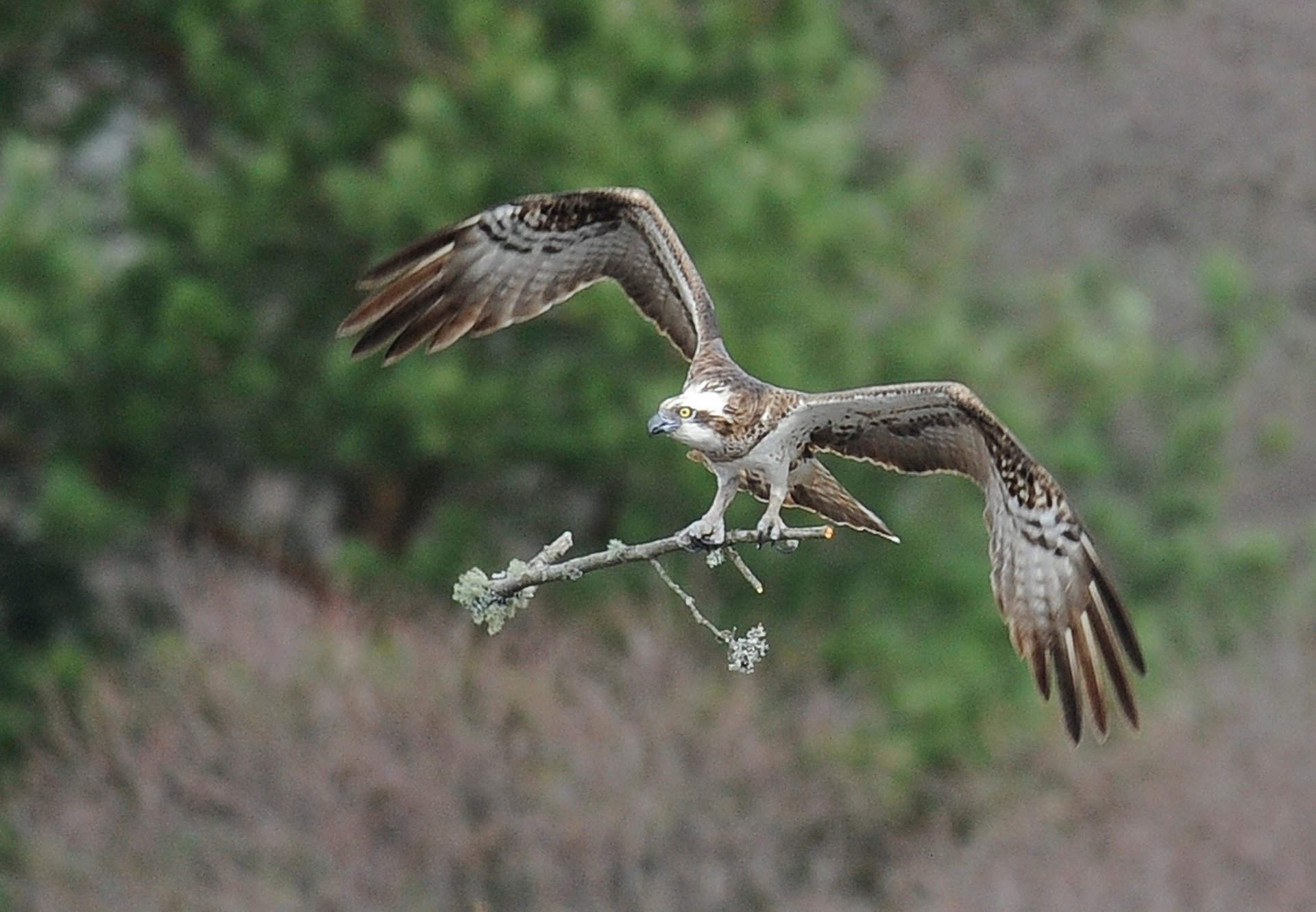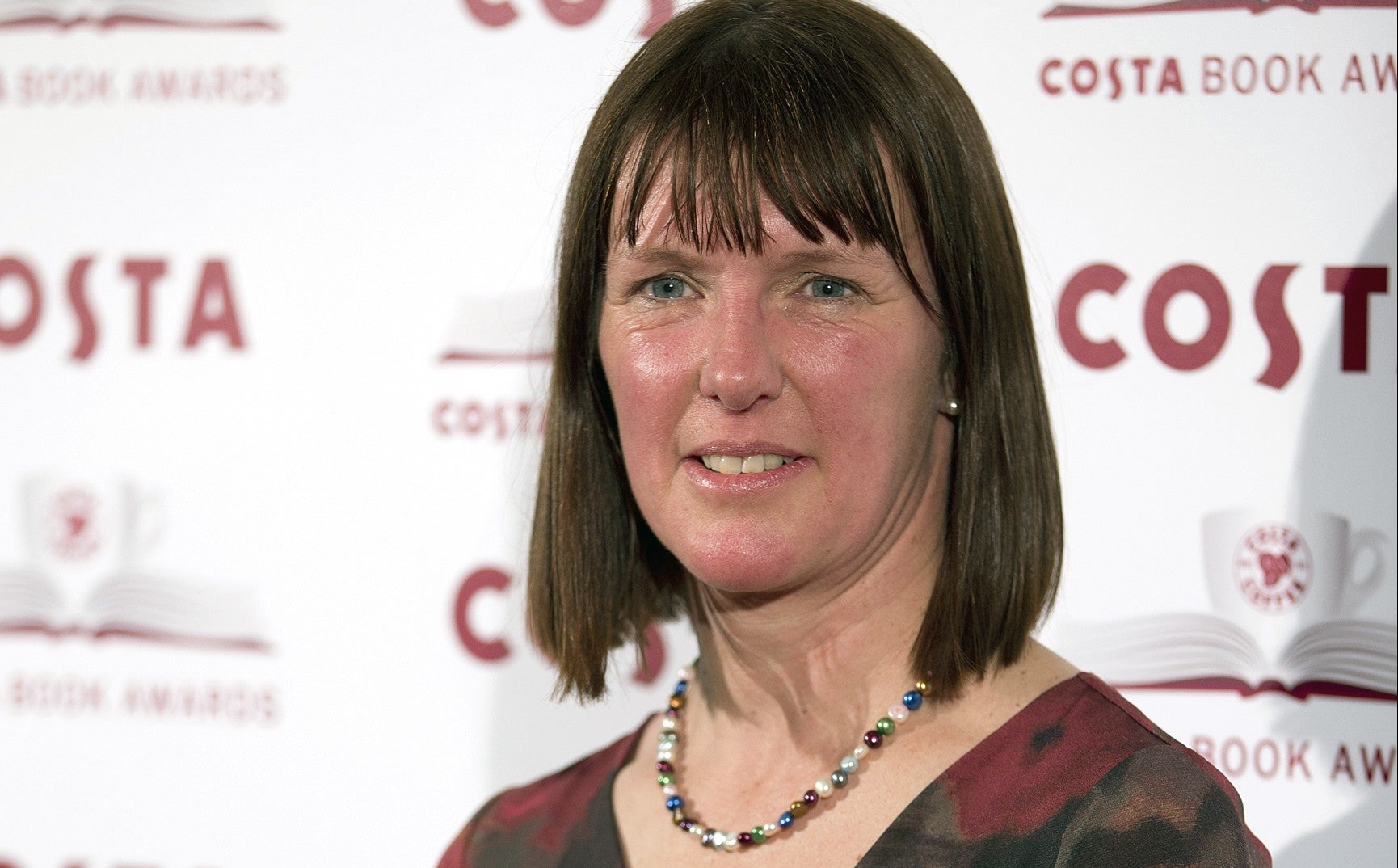Seven lessons for writers, from Scottish poet Kathleen Jamie
“They say the day is coming–it may already be here–when there will be no wild creatures.” So writes Kathleen Jamie in 2005 prose collection Findings. But at a recent lecture it was clear that, while you can take the woman out of the wild, you can’t take the wild out of the woman. Jamie was set to give the first Coleridge Lecture at this year’s Festival of Ideas in Bristol, in the west of England. But the Scottish poet and essayist, her writing amongst the finest-tuned on nature, seemed deeply uncomfortable when placed in the limelight.


“They say the day is coming–it may already be here–when there will be no wild creatures.” So writes Kathleen Jamie in 2005 prose collection Findings. But at a recent lecture it was clear that, while you can take the woman out of the wild, you can’t take the wild out of the woman. Jamie was set to give the first Coleridge Lecture at this year’s Festival of Ideas in Bristol, in the west of England. But the Scottish poet and essayist, her writing amongst the finest-tuned on nature, seemed deeply uncomfortable when placed in the limelight.
Jamie read her own poetry and prose with confidence, but when it came to Q&A with chair Andrew Kelly she was nervous and reticent. Nevertheless, head down like one of the a hawks she so often writes about, Jamie’s lecture offered a reluctant poetry all its own. The writer herself would likely not prescribe anything; so these ‘lessons’ are more like white stones dropped in moonlight, to follow only if you want to.

1) Allow connections to occur
Jamie’s prose is unusual because it spans disciplines and defies categorization. In Sightlines she writes about archeology and pathology, whales and birds. In Findings, the essays often include observations from her garden, or the kitchen window. Allowing connections to happen, she says, is important. One might well “look up from sorting the socks and hear the cry of an oystercatcher. Why should those things be separate?” Finding unusual connections can be the basis of great journalism and fiction alike.
2) Be exposed
The achievement of a poet like Rainer Maria Rilke is “that sense of being open, like a cormorant drying its wings,” Jamie says. In her own writing this manifests as a close attention to detail, a refusal–in her prose–to ignore banal details, or to make her subjects seem too grand. An essay on salmon in the river Braan focuses not on the achievements of the animals in flinging themselves upstream, but on their failure to make it, after extraordinary homing instinct has led them back, all the way to their spawning grounds. Her life–as a mother, a woman living in a remote part of Scotland, an amateur cetologist–is part of the prose. In the poetry, a watcher, an ‘I’, is often present; frequently in the middle of a large landscape where there is nowhere to hide. Jamie also makes no secret of the commercial drive that pushed her to write the essays. “I couldn’t make a living as a poet,” she says in interview, though by any commercial laws a book of essays on nature by a Scottish woman “should sell nothing.” But they have.
3) Don’t use a notebook
Or, to be more exact, don’t use one that is too lovely, the handmade paper “full of petals and muesli”, because, Jamie says, “you don’t feel you can sully them with your words.” Jamie favours the backs of old envelopes (a medium Emily Dickinson also chose), perhaps transferring some of the thoughts into a–functional, black–book, at a later stage. These writings are private, she says, though any published work is of course the opposite, as exposed as possible. The key skill–and the one she says writing courses can successfully teach–is finding the way from the draft to the publishable proof.
4) Have patience
Jamie published her first book at the age of twenty, after leaving a sheaf of poems on an Edinburgh publisher’s doorstep “like an abandoned baby.” That sounds impressive; but she might not choose to do so again. Perhaps instead she would have liked to “arrive fully-formed at the age of 30,” she suggests. She holds up a slim volume of poems that, she says, took seven years to write, each poem a six-week task. She mentions age, and the passing of time, often. It wasn’t until her forties that Jamie first published a collection of the essays that have made her name and sustained her. She reads from a poem about a boat, The Overhaul, in a book of the same name, which she links to mid-life (though adding that she didn’t go through a real mid-life crisis until after the book came out):
it’s a time of life thing,
it’s a waiting game –
patience, patience.
5) Refuse pigeonholes
Writers–in fact, aspirants in many fields–are often told to find a niche and stick to it. Jamie demurs. When asked whether she self-classifies as a nature writer she flings her head back, saying “Och, no.” Over the course of her career Jamie has been bracketed as ‘a woman writer,’ then ‘a Scottish writer’, and now–in a time when nature writing has found a new popularity–‘a nature writer’. Jamie grew up in the city of Edinburgh, Scotland, but was deeply influenced by the surrounding countryside. She was a poet for years, but made her biggest mark with essays, which she describes as “exploded diagrams of a poem.” America never lost the short essay format, she says, naming authors Barry Lopez and Annie Dillard–but the UK had lost it. As for writing about the natural world, she says, it is as natural as having a body oneself. “Anyone who doesn’t engage with nature is deluded,” she flashes, flaring almost into anger before retreating, apparently tongue-tied, once again.
6) Look closely, listen hard
Jamie doesn’t just seek out other writers for inspiration: medics, ornothologists and anyone who looks closely at the world are her muses and mentors. It’s “that quality of attention that I aspire to, that I want to emulate,” she says. A Richard Mabey flyleaf note describes Jamie as “a supreme listener” with a voice “so unquenchably curious that it makes the world anew.” But it has come close to being quenched. After taking on her first teaching post, Jamie describes a two-day, acronym-infested staff meeting after which she ran into the hills and lay on her back in the grass. A flower caught her attention, anchored her back to things she finds important. This isn’t always nature; she was a vocal supporter of Scottish independence last year. But it was a symbolic moment, after which she decided to “keep in with the bluebells, not the spreadsheets” as much as possible. The poem An Avowal was her response to the revelation.
7) Pay attention to the moment, but don’t forget about deep time
A questioner told Jamie that he had been thinking about how to live “with attention,” and decided that living in the moment was the key. It was part platitude, partly that moment in lectures when a questioner makes a statement and asks the speaker to agree. But it was also a gentle appeal from a man who seemed, from his voice, very old. Jamie couldn’t concur, though. She reminded the questioner of the “archeological layers” that fascinate her, the signs of previous civilizations: bones dug up, caves and homes excavated. She is fascinated by mythology, especially that of the far north. She hoped to keep a friendship formed in northern Pakistan going “for generations.” Living in the moment is good, she said, “but I do like that sense of deep time.”